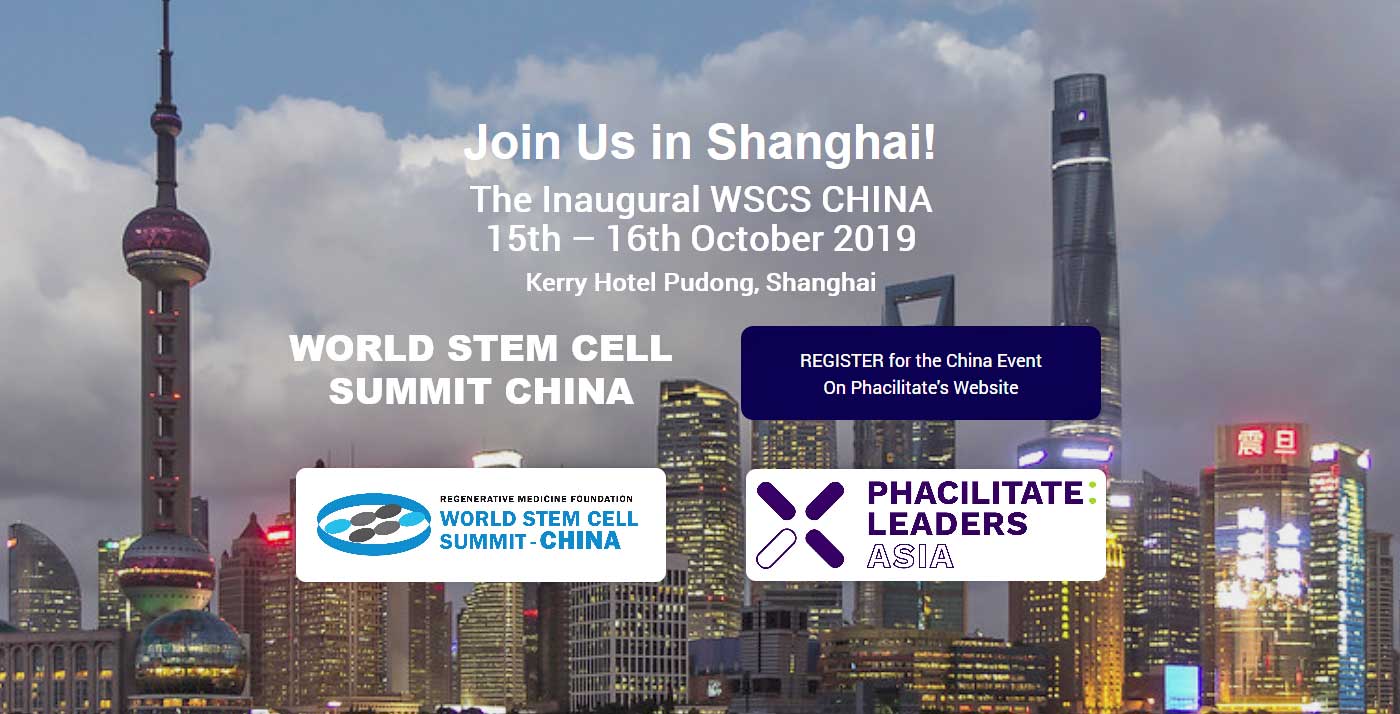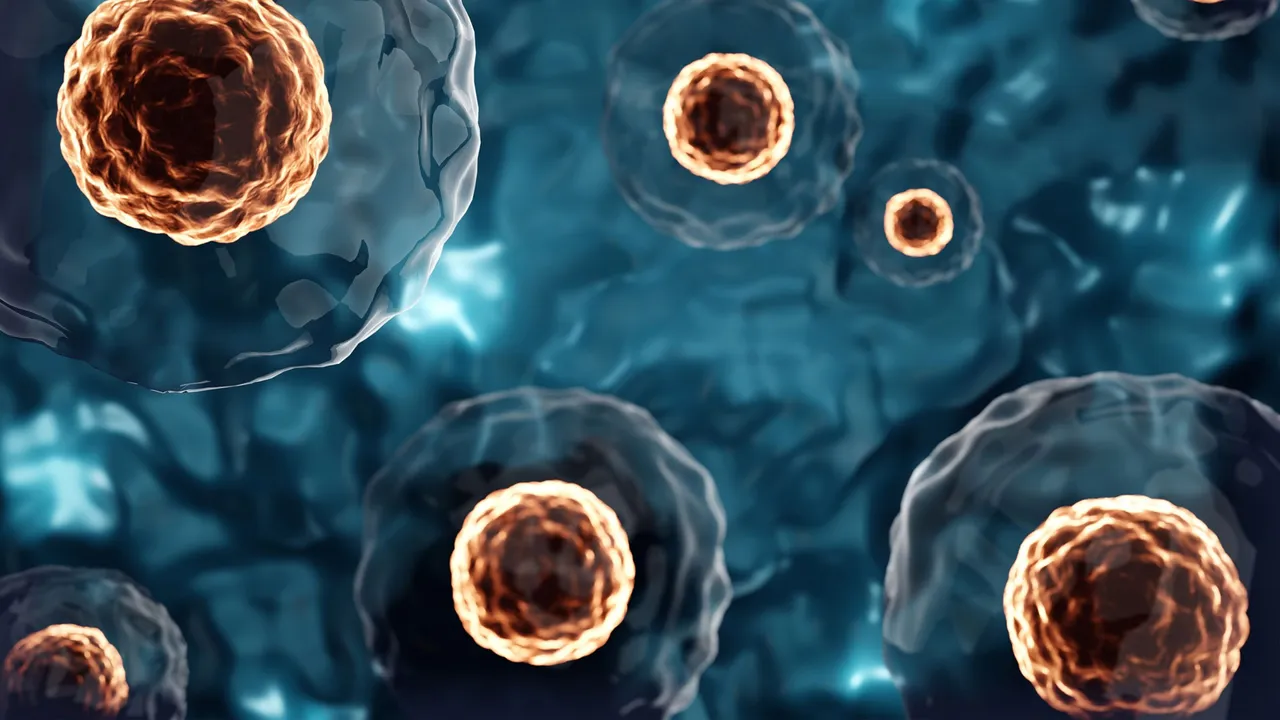2015 World Stem Cell Summit & RegMed Capital Conference
in Atlanta, GA from December 10 –12
(Atlanta, GA) – The 11th World Stem Cell Summit & RegMed Capital Conference #WSCS15 brings together over 1,200 scientists, clinicians, investors, bioethicists, philanthropists, companies, regulators, and patient advocates from 40 countries together in Atlanta to accelerate the discovery and development of lifesaving therapies and cures. A mission driven event that provides a window to the world for stem cell and regenerative medicine, the 3-day, 7-track conference showcases 90 sessions on topics ranging from new discoveries and clinical trials, to the ethics and laws surrounding stem cells, and regenerative medicine to hot topics and patient stories.
Conference Details:
World Stem Cell Summit: Thursday, December 10 to Saturday, December 12, 2015
Location: Hyatt Regency, 265 Peachtree Street NE, Atlanta, Georgia 30303
Agenda & Speakers: www.worldstemcellsummit.com
Press Registration & Interviews: To apply for press registration credentials, contact Judith Selzer at [email protected] or 561.909.8415. Advance registration is requested. On-site and remote interviews can be arranged.
This is an ideal event for health, science, biotech, and business reporters to interview the world’s stem cell leaders and pioneers. Below is a sample of the dozens of potential stories at the Summit:
- The use of stem cells for regeneration of tissues, growing new organs, and the possibility of “fixing our broken hearts.”
- Humankind 2.0 – Can regenerative medicine “cure” aging and extend the healthy human lifespan?
- Regenerative medicine and geopolitics. Japanese companies have targeted two key U.S. stem cell companies for takeover. Hear from top Japan industry, academic and regulatory leaders on Japan’s emergence as a leader in the field along with strategic leaders from 5 different continents discussing major developments in their countries.
- Innovative technologies are creating profound ethical and legal dilemmas. Should we ban gene-editing in human embryos when seeking to cure disease? Stem cells of threatened species are being stored in a “Frozen Zoo.” Is it ethical or wise to clone endangered creature or de-extinct a species? Should we clone a mammoth?
- The “here and now” using stem cells in the operating room. Learn how the U.S. military plans to heal wounded warriors using regenerative medicine. Should consumers beware of stem cell clinics? How are stem cells are being used in sports medicine?
- Heal the suffering children. How are we treating afflictions with cord blood and neural stem cells?
- Futuristic regenerative medicine (RegMed) companies share their plans and discoveries with an audience comprised of expert investors (angels, venture leaders, and Wall Street). Come hear the top investment gurus present their views on the burgeoning, exciting multi-billion dollar industry.
- Should parents bank cord blood? Latest research points to “yes.”
- Stem cells in space. How is microgravity and biological research on the International Space Station shaking up research?
- Patient support and advocacy underpin all advancements in the field. Human interest stories abound as the Summit hosts numerous patients, their families, and representatives from the afflicted communities.
The Genetics Policy Institute (GPI), a nonprofit organization, produces the World Stem Cell Summit & RegMed Capital Conference, the flagship meeting of the international stem cell community. The Summit is organized by Genetics Policy Institute/Regenerative Medicine Foundation, The Georgia Center for Regenerative Engineering & Medicine (Emory University, Georgia Tech, University of Georgia), Mayo Clinic, Kyoto University Institute for Cell-Material Sciences (iCeMS), BioBridge Global, Wake Forest Institute for Regenerative Medicine, and The New York Stem Cell Foundation. The goal of the Summit is to accelerate the discovery and development of lifesaving cures and therapies, bringing global stakeholders together to solve global challenges. The Summit forges collaborations to advance cell therapies, while creating a supportive environment of regulation, legislation, financing, reimbursement, and patient advocacy.




